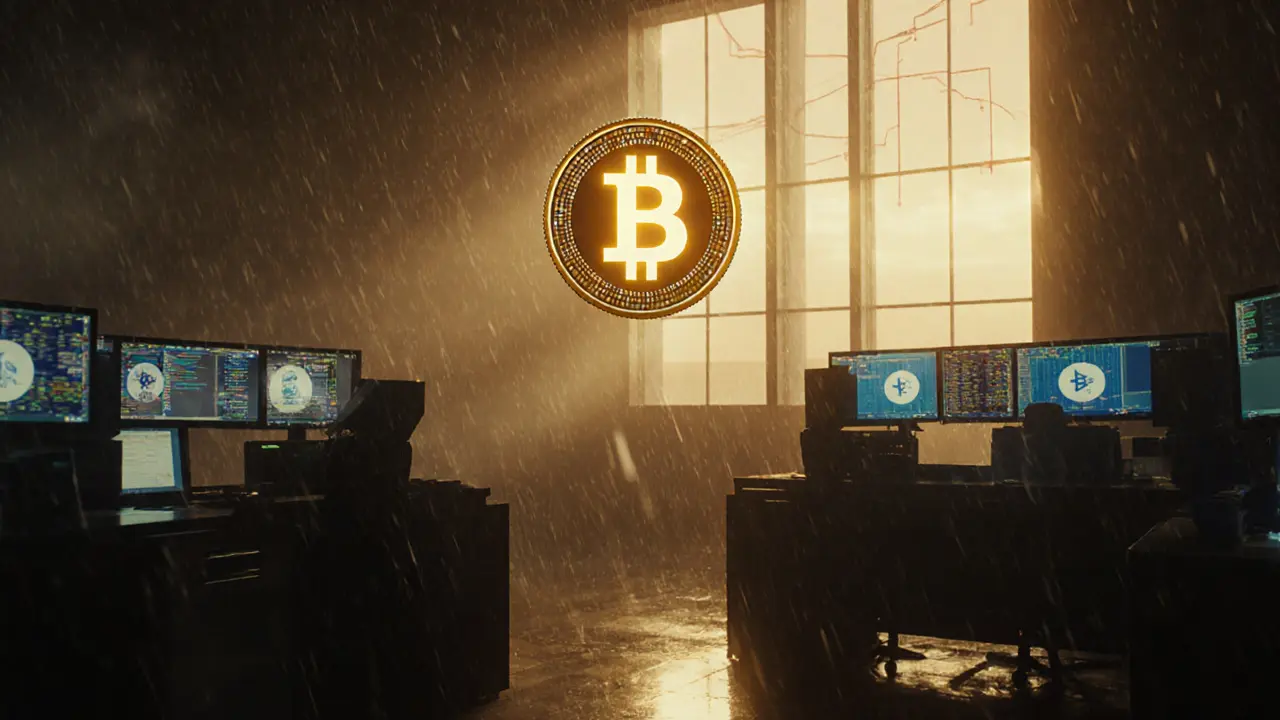Regulated Crypto Exchange: What It Is and Why It Matters
When you trade crypto, you’re putting your money into a system that’s still new—and risky. A regulated crypto exchange, a digital trading platform that operates under government oversight and follows financial laws. Also known as a licensed crypto platform, it’s required to verify users, protect funds, and report suspicious activity. Unlike unregulated platforms, these exchanges don’t disappear overnight with your Bitcoin. If you’ve ever heard of an exchange shutting down with user funds gone, that’s usually an unregulated one. Regulated exchanges are audited, insured, and held accountable.
What makes a crypto exchange regulated? It’s not just a fancy logo or a claim on their website. It’s about real legal status. For example, exchanges like Coinbase and Swyftx hold licenses in the U.S., Canada, or Australia. They follow rules like KYC (Know Your Customer) and AML (Anti-Money Laundering). They also keep customer funds separate from company money—so if they go under, your crypto isn’t gone with them. In contrast, platforms like BIJIEEX and VAEX either never applied for a license or pulled out after facing scrutiny. The Philippines blocked 20 unlicensed exchanges in 2024 because they had no legal protection for users. That’s not a glitch—it’s a pattern.
Regulation doesn’t mean perfection. Even regulated exchanges can have outages or slow withdrawals. But they can’t legally ignore your complaints or vanish without a trace. When a platform like UPEX shuts down and leaves users with nothing, you can bet it wasn’t regulated. On the flip side, when a crypto exchange like IncrementSwap has no audits, no support, and no transparency, it’s a red flag—even if it looks polished. Regulation forces accountability. It’s why the EU’s MiCA law and the U.S. SEC’s crackdowns matter. They’re not just bureaucracy—they’re safety nets.
And it’s not just about your money. Regulated exchanges help make crypto more mainstream. Banks, institutions, and even governments trust them because they play by the rules. That’s why Bitcoin ETFs got approved—they relied on regulated custodians. If you’re trading meme coins or testing new DeFi protocols, you might not care about regulation. But if you’re holding serious amounts of crypto, you need to know where your assets live. The difference between a regulated and unregulated exchange isn’t just technical—it’s personal. Your funds, your peace of mind, your future options all depend on it.
Below, you’ll find real reviews of platforms that vanished, ones that never had licenses, and the few that actually follow the rules. No fluff. Just what happened, why it matters, and who you should trust with your crypto.
 6 Nov 2025
6 Nov 2025
BEX Mauritius Block Exchange has a regulatory license but zero trading volume, no user reviews, and no transparency. Learn why this security token platform isn't viable despite its claims.
View More
